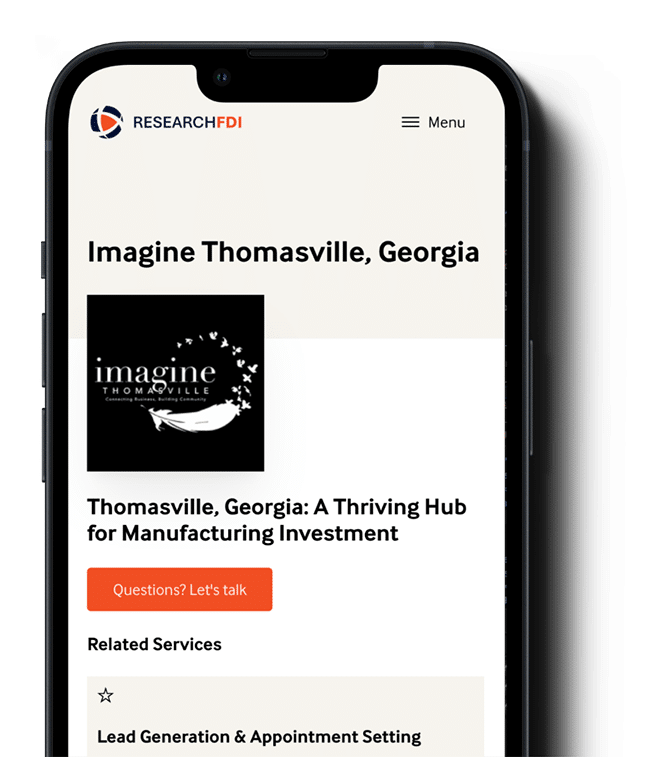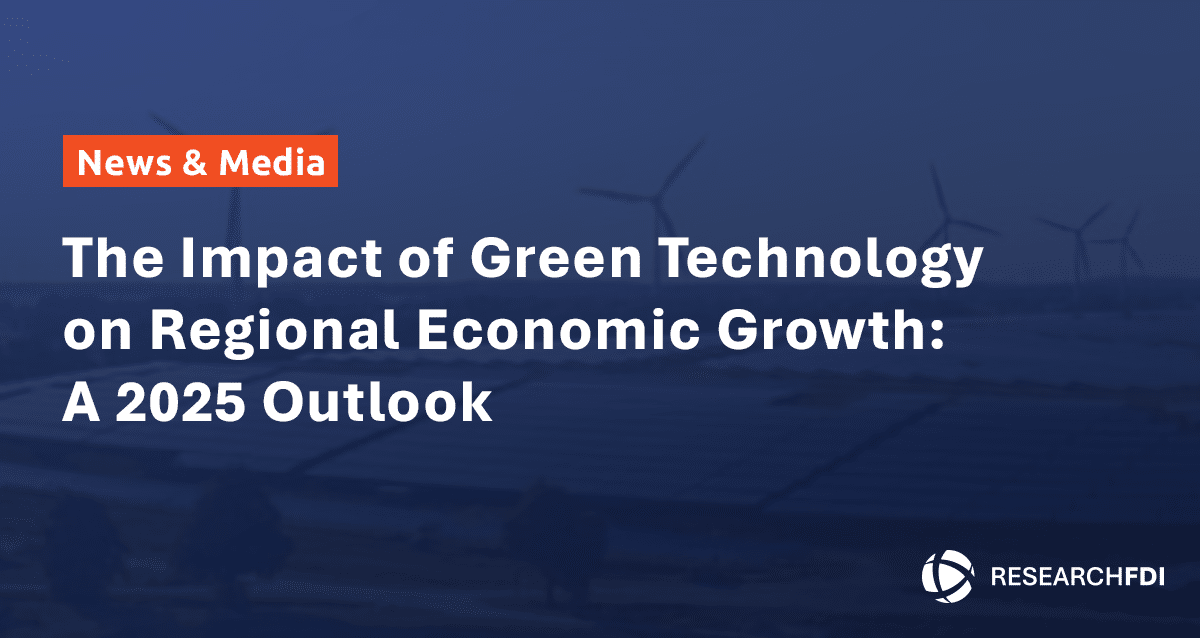For investment promotion agencies (IPAs), the phrase “aftercare” might represent many different things. It is characterized as a variety of operations ranging from post-establishment facilitation services to developmental assistance aimed at retaining investment, encouraging follow-on investment, and boosting local economic effects. It must be guided by a vision of what MNEs require now and in the future, as well as what the host economy requires from multinational corporations (MNEs) operating on its soil. This is accomplished by creating a structured service offering for MNEs, including administrative, operational, and strategic assistance.
Rising FDI stocks globally and an increase in the number of existing foreign affiliates expand IPA servicing responsibilities while simultaneously extending the potential for follow-on investment and development effect. The competitive environment in the investment attraction landscape and scarcity of FDI impels IPAs to offer a more extensive range of services to prevent investment from going to competing regions.
Investment Aftercare, a relatively new concept
Apart from the United States of America, where company retention and expansion have been a focus at the state level since the late 1970s, aftercare is a relatively new concept that only a few nations have adequately addressed. Yet, building on and retaining the existing investment base is essential for the long-term economic development goals of IPAs. According to data from UNCTAD (2007), during some periods, up to 70% of investment in specific regions, particularly in industrialized countries, is tied to the existing investor base. Of course, this is not the only benefit of investing in aftercare. Aftercare has been recognized as an effective tool in embedding investing firms in local economies and increasing the benefits of positive spillovers (e.g., supporting R&D, knowledge spillovers, building local supply chains). Considering established firms often have existing relationships with local suppliers, domestic firms and R&D institutions, investment aftercare can help grow these relationships, benefitting the local business ecosystem.
As previously mentioned, investment aftercare services consist of administrative, operational, and strategic assistance. For administrative services, IPAs are expected to be well-connected with the local community and provide foreign investors with necessary contacts and services. Some prominent examples for administrative services are an introduction to service providers where the IPA must prepare a list of carefully selected service providers such as banks, accountants and lawyers; immigration support services and relocation services to employees and their families to settle in a new location quickly.
IPAs also offer investors a wide range of operational support services, including human resources, production, facilities management, finances, and sales. For instance, IPAs inform foreign investors about international treaties, enable public procurements and help them find new premises for investment.
Strategic services are aimed at firms becoming strategic leaders, centers of excellence, or at encouraging and supporting the development of higher value-added products and services for foreign investors. Strategic services are typically delivered in partnership with a wide variety of stakeholders. These services include high-level networking by introducing senior management of the firm to high-level networks in business and public organizations, providing services that connect investors with academia and R&D institutions to benefit from local R&D capabilities and creating a regional innovation ecosystem and policy advocacy that can be achieved through advocating the improvement of competition legislation and ease of doing business.
- More from ResearchFDI:
Investment Aftercare Techniques
There are different approaches for the delivery of the services mentioned above. Young and Hood (1994) identified four types of techniques for the delivery of these services: the company friend model, the project-based model, the aftercare team approach and the integrated approach.
The company-friend approach is often not well-resourced, and it heavily relies on the networks and contacts of the IPA. It is not systematic or strategic, but it tends to be ad hoc and driven by immediate needs. This approach can combine a wide variety of services, depending on the caliber of the staff delivering aftercare.
The project-based approach is distinct, as it aims to focus resources and service delivery on very specific areas such as supply chain development and increasing industry-university collaboration. This type of service delivery can be effective in cases where the investor base has specific demands from the IPA.
Contrary to the project-based approach, the aftercare team model aims to deliver a relatively wide service offering. This technique is rather not well structured in terms of subnational or national economic priorities. Also, depending on the resource constraints of the IPA, the model could be hard to justify, as it depends on a plethora of resources.
Finally, the integrated model is the most ambitious type of aftercare service aimed at integrating foreign affiliates into the local economy. It is highly structured and well-resourced with the end goal of delivering specific goals that are aligned with regional or national economic development objectives.
Consequently, reinvestment of earnings is becoming of increasing importance for FDI inflows and outflows as a share of GDP. UNESCAP’s 2017 handbook estimates that reinvestment represents 32% of all FDI flow. In 2020, reinvestment of earnings had outperformed equity investments and debt both for FDI inflows and outflows. Investment trends show that aftercare will rise in importance in the long term. The IPA must decide on the aftercare services offered and the delivery method internally, based on its resources and feedback from the local stakeholders. Nonetheless, it is clear that investment aftercare will take a greater role in the future of the IPA agenda.
References:
- Peters, Carolina Arriagada, David Coble, Toby X. Li, and Brendan Lewis. Investment Aftercare Explained: A Guide for FDI Practitioners and Policymakers on How to Grow and Retain Investors. London: Routledge, 2021.
- UNCTAD. “Aftercare: A Core Function in Investment Promotion,” 2007.
- Young, Stephen, Neil Hood, and Alan Wilson. “Targeting Policy as a Competitive Strategy for European Inward Investment Agencies.” European Urban and Regional Studies 1, no. 2 (July 1, 1994): 143–59.



